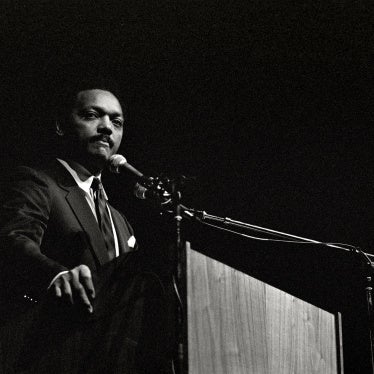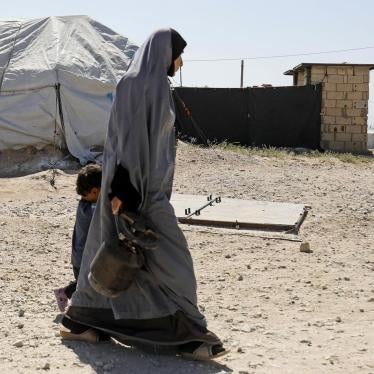Monday’s United Nations review of the US human rights record threw the spotlight on flaws with US criminal justice policy – particularly police abuses and the continued use of the death penalty. Many of the countries that participated in the Universal Periodic Review before the UN Human Rights Council in Geneva shared another concern: the role racism plays in the US justice system. Not surprisingly, countries also raised serious concerns over ongoing lack of accountability for US torture in the “global war on terror,” but the focus on criminal justice was remarkable for its consistency.
At least 36 nations criticized the continued use of the death penalty in the US, with many calling for a moratorium or outright abolition. Several nations raised concerns over the fact that African Americans are much more likely to receive the death penalty.
These concerns are familiar. At the first US review in 2010, 16 countries called on the US to reduce or abolish the death penalty – the US rejected the calls. The US is expected to deliver a preliminary response on Friday to the latest recommendations, but there’s no indication the response will be different this year.
Death rows are one of the most extensively documented corners of the US criminal justice system. We know how many people are executed in the US every year (35 in 2014). We know that African Americans are disproportionately among the executed, and that a defendant charged with killing a white person is much more likely to be sentenced to death than one charged with the death of a black person.
But we know much less about police brutality, the other criminal justice issue raised repeatedly during Monday’s review. For example, we don’t know how many people were killed by police in any given year – the US does not keep an accurate count of police-involved deaths. One study found that an average of 928 people were killed by police annually over eight recent years. Although the US Department of Justice noted its prosecutions of officers for civilian deaths during Monday’s review, we don’t know much about how the Justice Department handles such cases. Overall, it’s rare for police officers to be held to account for such killings at a state or local level. Despite the lack of data regarding police killings, US protests over the deaths of Michael Brown, Eric Garner, and Freddie Gray illustrate that black communities are feeling under attack from the law enforcement agencies charged with protecting everyone.
These two issues – police brutality and the death penalty – represent, in some ways, very different ends of the criminal justice continuum in the US. Very few in the US will ever be charged with a capital crime, while millions each year come into contact with police. In both cases, sadly, the US has a lot of work to comply with international human rights standards.








